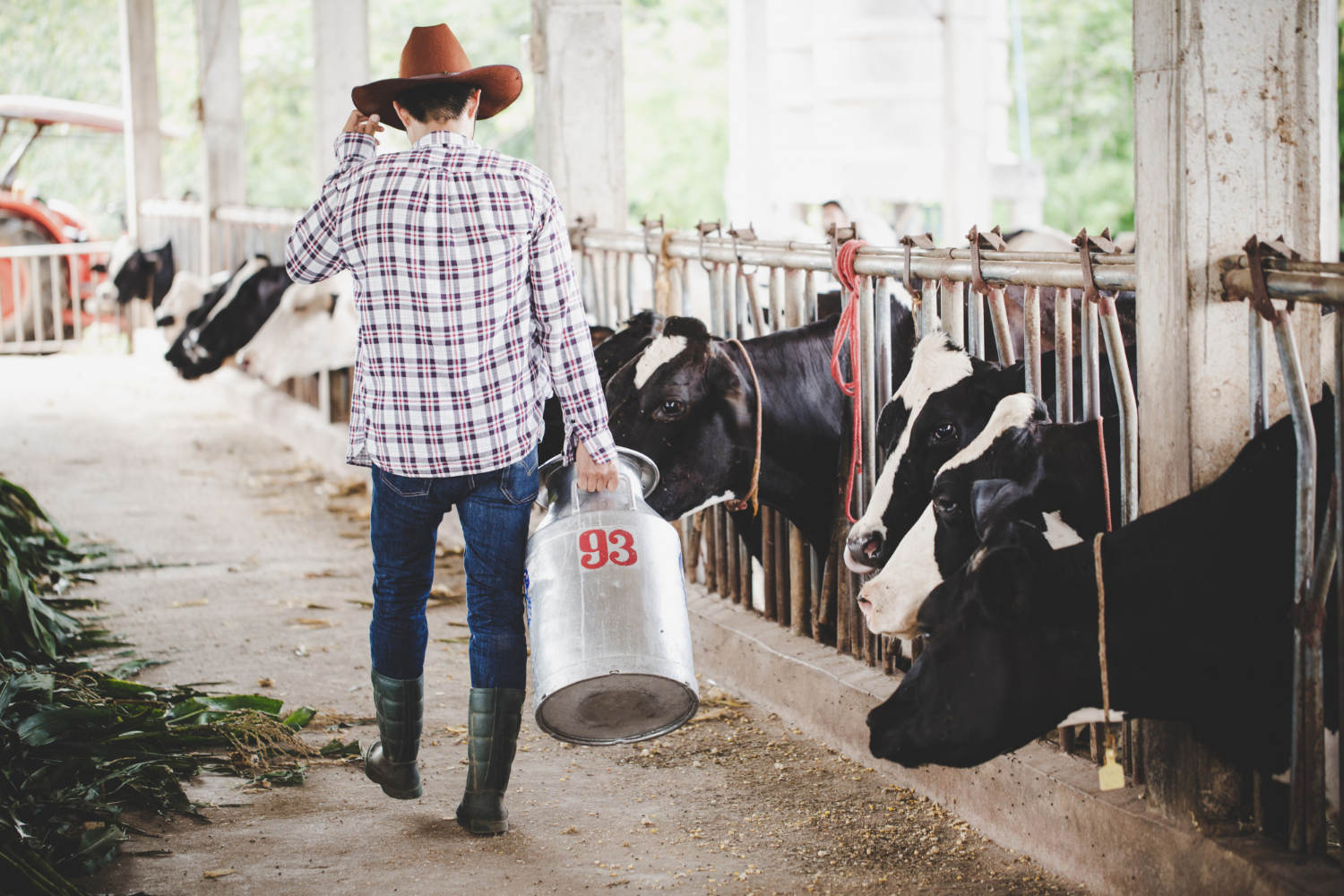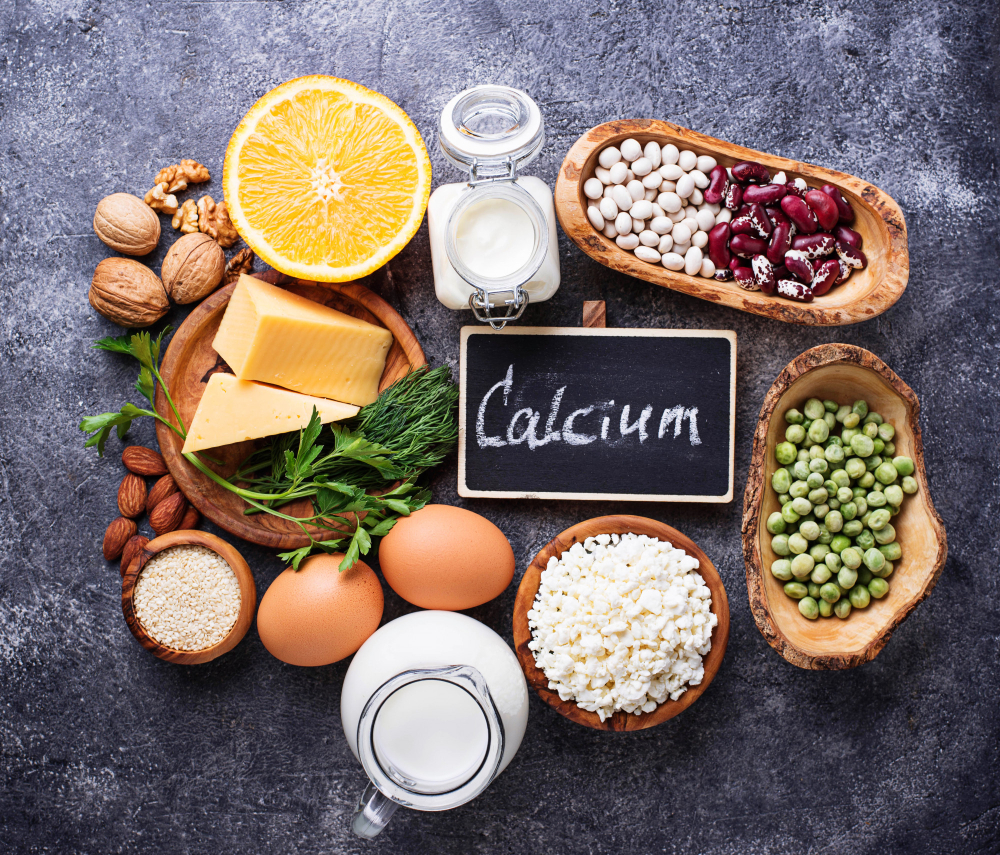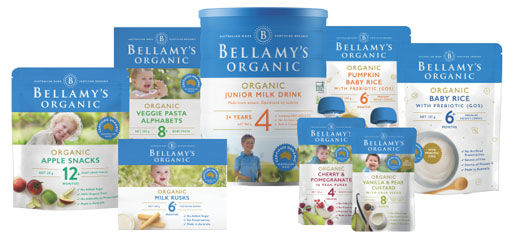Organic milk – a solution to the threat of growth hormone
To profit from the colossal demand for milk, many conventional milk producers resort to the use of growth hormone to promote milk production – for example, U.S. Food and Drug Administration allowed the use of the growth hormone bHG since 1993. Yet, there are now many studies claiming that the use of growth hormones in fact, poses serious risks to humans’ health, especially by disrupting endocrine disruption to affect human growth, development, and reproduction.
1. How growth hormones exist in milk?
Cows can naturally produce Bovine growth hormone of (bHG), also known as bovine somatotropin (bST), in their body to increase milk production once a calf is born. Artificially, to trigger cows to produce more milk, conventional milk producers have the practice of ingesting this type of growth hormone into cows’ body.
From the viewpoint of organic agriculture – a prominent way of agricultural production for its high safety – richness in nutrition – freshness, the use of growth hormone indeed, is against nature and thus, poses risks to consumers’ health.

2. The dangers of using growth hormone
2.1. To cows & milk quality
By ingesting growth hormone into cows’ body, producers make their cattle more vulnerable to diseases, in terms of frequency and effect. In return, to counter the more and more frequent and intense effects of diseases suffered by the cows, producers choose to increase the dose of antibiotics – commonly used in cattles’ treatment.
The residue of antibiotics, without saying, will be transitioned to milk after harvest. When ingested into the human body, antibiotic residue is responsible for a range of different diseases (to be analyzed in detail in another article of Natural Food Group).
In terms of effects caused by growth hormone, the use of growth hormone results in availability of protein IGF-1 (Insulin-like Growth Factor 1) in milk after harvest, potentially causing dangerous diseases to our health.
2.2. To humans’ health
The limited number of toxicology studies on effects of protein IGF-1 (Insulin-like Growth Factor 1) on health might account for why the U.S. Food and Drug Administration approved the use of this growth hormone in 1993. However, since then, there have been many studies linking high levels of IGF-1 to diseases derived from endocrine disruption and thus, disrupt human growth, development, and reproduction.
Organic Center in their report “Benefits of Organic Dairy” (2019) extracted evidences from various scientific researches and concluded major diseases resulted from protein IGF-1 (Insulin-like Growth Factor 1) in milk, namely breast cancer, colorectal, and prostate cancers and issues in childhood growth and development, as well as immunity.
3. Organic milk – a solution to the threat of growth hormone
The trend of organic milk consumption – with the production process ensuring milk’s purity, is on the rise, due to the alarmingly popular threat of using growth hormone in milk production.

Well-known organic standard AsureQuality – managed by the New Zealand government, is held up as a good example for quality organic milk production process:
- Only cows’ year-round free-roaming on green, open grassland is resorted to – avoiding industrial farming against cows’ natural instinct, which may make them ill;
- Farming land must be converted to meet organic standards, avoiding artificial substance residues. Grass is organically grown, giving cows fresh, natural feed;
- Calves are strictly chosen for milk production, from cows already raised with organic standards.
Featured post
-
05 Diet Plans That Are Good For Your Health
31/07/2022
-
Best Times to Sleep for Adults & Children
01/06/2022








